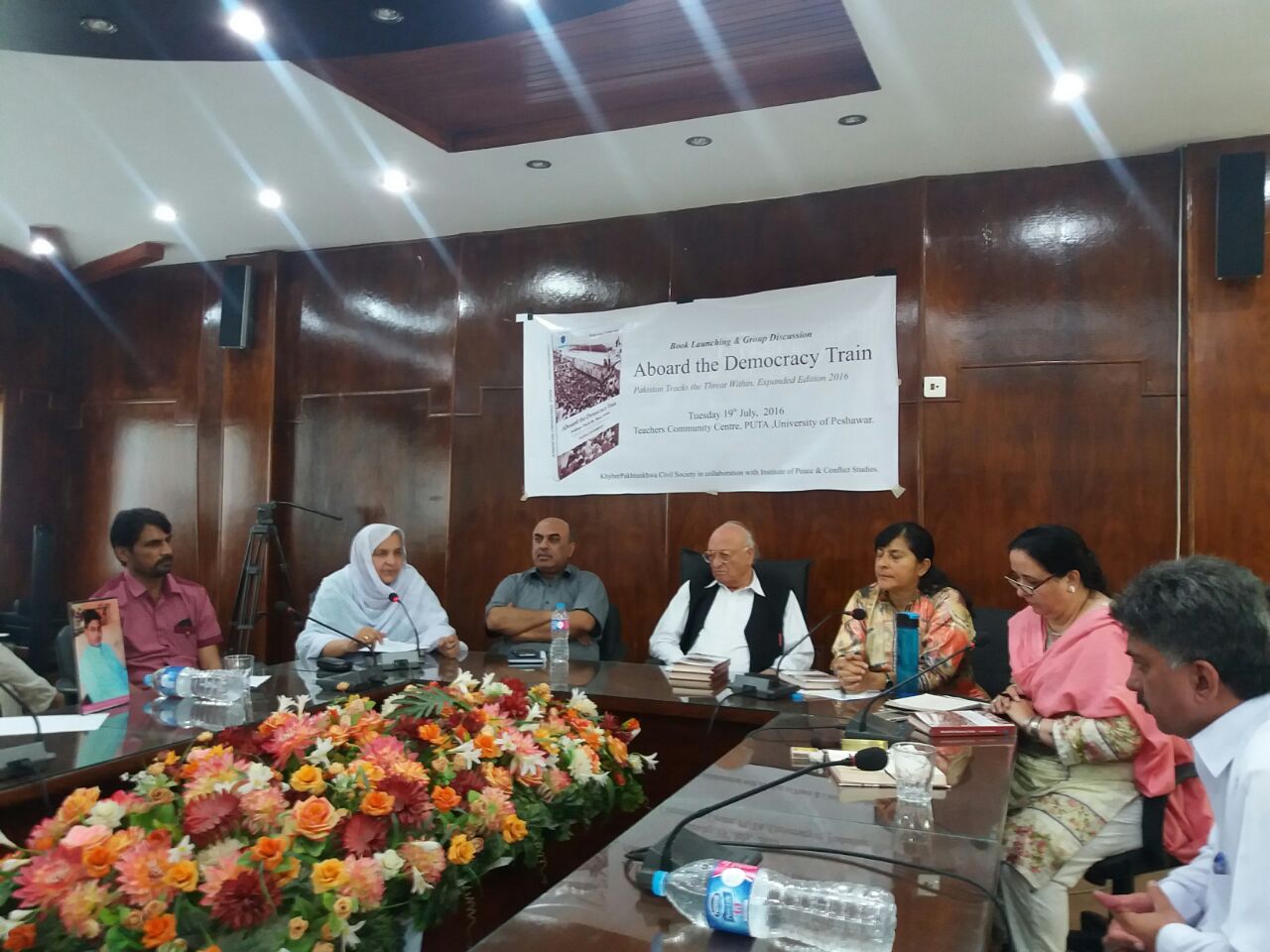Manchester, UK May 23: The Manchester Arena suicide bomber had made trips to Libya, Downing Street said last night, as intelligence agencies combed his connections with al-Qaeda and Islamic State in his parents’ homeland.
Salman Abedi, 22, who was reportedly known to the security services, is thought to have returned from Libya as recently as this week.
A school friend told The Times: “He went to Libya three weeks ago and came back recently, like days ago.”
Abedi born in Manchester and grew up in tight-knit Libyan community that was known for its strong opposition to Colonel Muammar Gaddafi’s regime.
He had become radicalised recently – it is not entirely clear when – and had worshipped at a local mosque that has, in the past, been accused of fund-raising for jihadists.
Abedi’s older brother Ismail had been a tutor at Didsbury mosque’s Koran school. The imam last night said that Salman Abedi, who wore Islamic dress, had shown him “the face of hate” when he gave a talk warning on the dangers of so-called Islamic State.
Born in 1994, the second youngest of four children, Abedi’s parents were Libyan refugees who fled to the UK to escape Gaddafi.
His mother, Samia Tabbal, 50, and father, Ramadan Abedi, a security officer, were both born in Tripoli but appear to have emigrated to London before moving to the Whalley Range area of south Manchester where they had lived for at least a decade.
Abedi went to school locally and then on to Salford University in 2014 where he studied business management before dropping out. His trips to Libya, where it is thought his parents returned in 2011 following Gaddafi’s overthrow, are now subject to scrutiny including links to jihadists.
A group of Gaddafi dissidents, who were members of the outlawed Libyan Islamic Fighting Group (LIFG), lived within close proximity to Abedi in Whalley Range.
Among them was Abd al-Baset Azzouz, a father-of-four from Manchester, who left Britain to run a terrorist network in Libya overseen by Ayman al-Zawahiri, Osama bin Laden’s successor as leader of al-Qaeda.
Azzouz, 48, an expert bomb-maker, was accused of running an al-Qaeda network in eastern Libya. The Telegraph reported in 2014 that Azzouz had 200 to 300 militants under his control and was an expert in bomb-making.
Another member of the Libyan community in Manchester, Salah Aboaoba told Channel 4 news in 2011 that he had been fund raising for LIFG while in the city. Aboaoba had claimed he had raised funds at Didsbury mosque, the same mosque attended by Abedi. The mosque at the time vehemently denied the claim. “This is the first time I’ve heard of the LIFG. I do not know Salah,” a mosque spokesman said at the time.
At the mosque, Mohammed Saeed El-Saeiti, the imam at the Didsbury mosque yesterday branded Abedi an dangerous extremist. “Salman showed me the face of hate after my speech on Isis,” said the imam. “He used to show me the face of hate and I could tell this person does not like me. It’s not a surprise to me.”
Salman visited the mosque on a number of occasions to pray, but the imam insisted “he was not my friend, he is not close. I could understand that he was not happy with me because I did combat Isis in that Friday sermon sometimes”.
The imam added: “When he passed by me, we Muslims greet each other and you know he is not happy with me if he doesn’t greet you.”
At the Abedi family home in Elsmore Road, a non-descript red-brick terrace, neighbours told how Abedi had become increasingly devout and withdrawn.
Lina Ahmed, 21, said: “They are a Libyan family and they have been acting strangely. A couple of months ago he [Salman] was chanting the first kalma [Islamic prayer] really loudly in the street. He was chanting in Arabic.
“He was saying ‘There is only one God and the prophet Mohammed is his messenger’.’
A family friend, who described the Abedis as “very religious”, said most of the family had returned to Libya, leaving only Salman and his older brother Ismail behind.
“They have not been there for quite a while. Different people come and go,” said Alan Kinsey, 52, a car-delivery driver who lives across the street. Mr Kinsey’s wife, Frances, 48, a care worker, said she believed that the parents had left before Christmas and just one or two young men had been living in the property.
Mr Kinsey said a huge flag, possibly Iraqi or Libyan, had been hanging from their house. “There was a large Iraqi flag hanging out the window but we never thought anything or it,” added Mr Kinsey, “We thought it was about football or a protest at home or something.”
Neighbours woke up to the reality that the quiet young man next door had blown himself up, murdering at least 22 innocent victims.
Police blasted down the door of the family home at 11.30am. According to locals, two helicopters and at least 30 police officers in camouflage, riot gear and shields arrived for the raid.
“The police were very heavily armed. All of them. It was like something out of a war scene,” said Mr Kinsey, “It was terrifying. About thirty of them arrived in camouflage and riot gear and removed the wooden fence between two properties.
“Then they attached a black strip to the door and there was a loud explosion. The door came off its hinges. The windows were shaking. The whole operation lasted about 90 seconds.
“I didn’t see them leading anyone out of the house. I believe it was empty.”
© Telegraph Media Group Limited 2017

